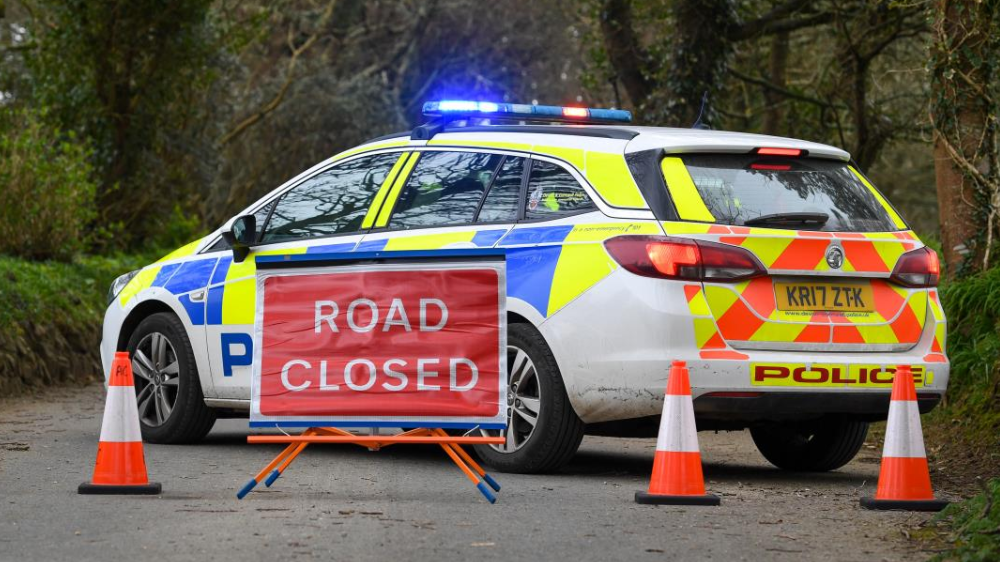
Region's crime commissioner welcomes focus
Devon and Cornwall's police and crime commissioner has welcomed a report from the Parliamentary Advisory Council for Transport Safety (PACTS) calling for tighter enforcement of laws and the prioritisation of roads policing to save lives and tackle criminality.
Alison Hernandez, who is also the national lead for roads policing for the Association of Police and Crime Commissioners (APCC) highlighted the work of police officers in the region who are tackling enforcement on the region’s roads.
Ms Hernandez says: “There were 1,784 reported road deaths in 2018 according to the most recent figures available from the Department of Transport. Any number of people killed or seriously injured on the roads is unacceptable. But this number would be even worse if it wasn’t for the dedication of police officers across our counties working to protect communities.
“These officers work in the most trying conditions and experience the most horrific and traumatic incidents each and every day and we owe them all our thanks. Almost every community would call for more action to be taken to keep their family and friends safe on our roads and policing enforcement of road laws plays an essential part of that”
“Enforcement can never be the only response, but it is an important one. Police and crime commissioners and chief constables have between them the ability to prioritise resources for roads policing to support the public’s clear wish for safer roads."
Ms Hernandez's office has invested £750,000 in roads policing and set up the South West Peninsular Road Safety Partnership (SWPRSP), a new organisation made up of blue light services, councils and organisations that run speed cameras. The partnership says it has a ‘vision zero,’ meaning any death or serious injury is one too many.
The police and crime commissioner also says: “We must work to eradicate road deaths entirely and can do so by locally signing up to achieve ‘vision zero’ – a shared vision with the aim of making our road network free from death and serious injury. I welcome the PACTS report as it makes a valuable contribution to the calls for roads policing to receive more prominence and acknowledges its essential contribution to saving lives.”
Chief constable Shaun Sawyer said: “The investment by the police and crime commissioner earmarked for roads policing has enabled us to increase the size of our roads policing team to deal with killed and seriously injured (KSI) casualties and the impact these tragedies have on our communities. Part of that investment also involved the creation of a 'no excuses' team focussed on catching those behaviours listed in the ‘fatal five’ and enhance our existing policing provision. “
 Complaints made after animal activity licence backlog
Complaints made after animal activity licence backlog
 City draw at home
City draw at home
 Cars damaged in bid to buy cheaper
Cars damaged in bid to buy cheaper
 Torbay Council considers 'fire and re-hire' in pensions wrangle
Torbay Council considers 'fire and re-hire' in pensions wrangle
 Elderly pedestrian hit by car in Paignton crash
Elderly pedestrian hit by car in Paignton crash
 Top up payments for Ukrainian hosts in North Devon
Top up payments for Ukrainian hosts in North Devon
